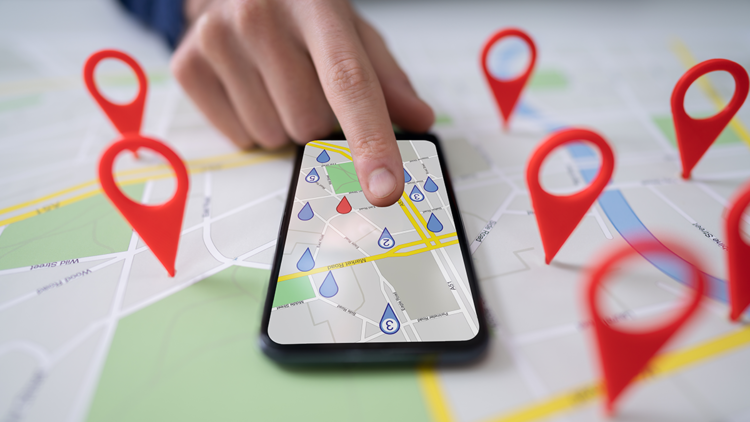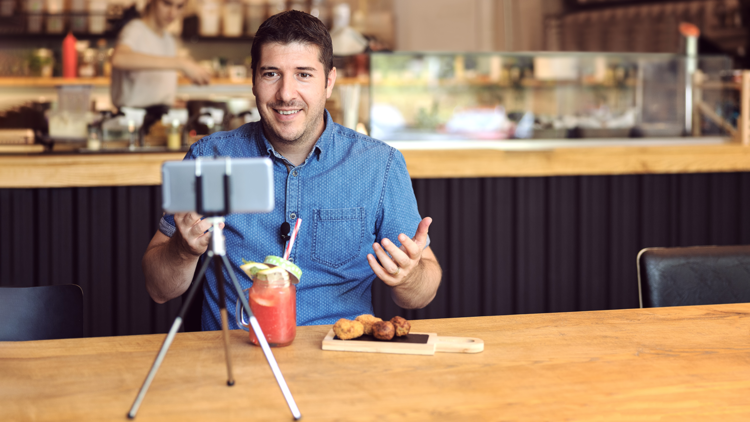
By Nancy Howard, Contributor
As a restaurant business owner, it is sometimes difficult to juggle operating and marketing your restaurant all at once. Indeed, there needs to be some kind of balance between the effort you invest into your restaurant on a daily basis and the energy you spend on promoting this restaurant.
Luckily, even beginners can easily get started with digital marketing by following a tried and true set of best practices that are used by so many others to great success. Hence, here are the five tips to write an SEO plan for your restaurant’s website.
#1 Research, Research, Research

The first and probably most important rule of creating a great SEO plan is research. Before you can plan anything even approximately, you must first research the matter as much as possible. In fact, it’s not just your target audience or the market that you should research – it’s also your restaurant’s competition. When you know who your competition is and what they are doing, it is much easier to set up your own SEO strategy to get ahead of your competitors.
Make sure to research both the market and your niche. You need to know what the overall situation is and then dive deeper into the details. Choose the keywords you will be targeting, both short ones and long-tail. Go for general keywords, industry-specific keywords, and even brand keywords that will belong only to your business. Create customer personas by segmenting your target audience and understanding who your clients are.
#2 Dominate Your Local Search

After you have completed the research, you will first need to focus your attention on planning your local search strategy. By targeting local customers and guests of your area, you will be able to reach specifically the people who could be your potential clients rather than shooting for whoever you can find. If you manage to dominate your local search, it will be much easier for you to expand afterward.
To start aiming for your local search, register your restaurant with Google My Business. Think about the keywords that would be specific to your local search and look at what your competitors are doing. Consider using localization to maximize the effects of your content.
Another direction you can go in while aiming for your local search is customer engagements. Interactions with your current and potential customers can come in a variety of forms, so you need to use this to your advantage. Encourage your audience to leave reviews and testimonials. Then, respond to these and use them as UGC or user-generated content. UGC can be your social proof that will help you persuade new customers to make a purchase. And, of course, engage with local customers via social media and email.
#3 Plan A Strong Content Strategy

Last but not least, you will need to plan a strong content strategy before your SEO plan is complete. The content you create for your website and all the other channels needs to be coordinated with all of your other SEO-related actions. For instance, your PPC ad campaigns need to be scheduled alongside your content publishing schedule. When the ads and the content work together, you can achieve much better results and reach a wider audience.
Your content should also be optimized for search engines the right way. This means that you should focus not only on keyword diversity and relevance, but also on other SEO aspects of your content.
On-site optimization (such as adding meta description and tags, building strong site navigation, and improving your UI design) is a must while you should also think about building your link profile. Have internal links within your website that will make navigation easier, but also build backlinks from reputable websites that will improve your site’s authority and search rankings. Moreover, you should also link externally to interesting and valuable resources for your audience.
It’s also super important to make sure that your content and your website as a whole looks good on all devices, i.e. make your site mobile friendly. If it doesn’t, search engines will penalize your website and you’ll plummet in the rankings.
Final Thoughts
To sum up, creating an effective SEO plan for promoting your restaurant’s website is only part of the job. Once you have set up the plan, you will need to execute it and see what’s working and what does. It’s also important to keep tabs on the latest SEO best practices as search engines are constantly tweaking how it chooses what sites to put at the top of searches.
About the Author
Nancy P. Howard has been working as a journalist at the online magazine in London for a year. She is also a professional writer according to different website ratings in such topics as blogging, SEO, marketing and research paper writing service reviews.






